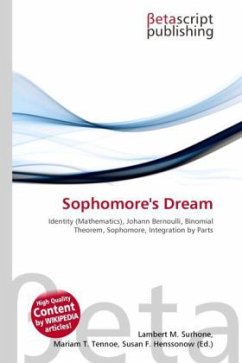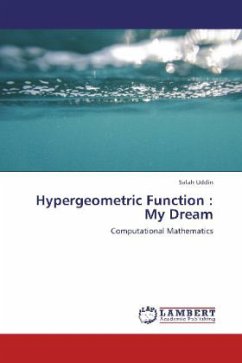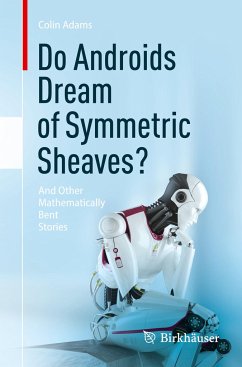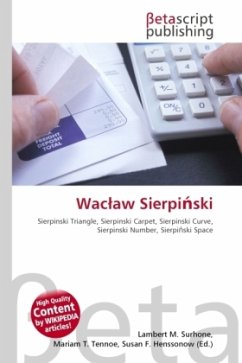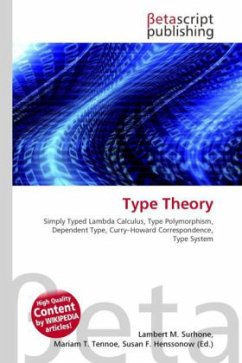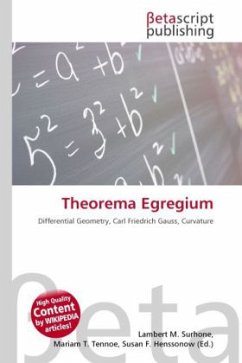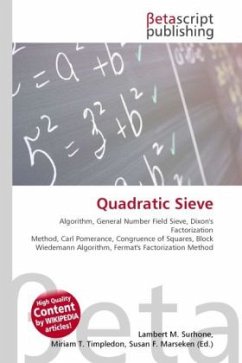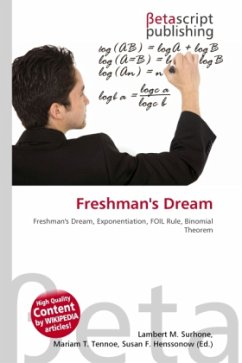
Freshman's Dream
Versandkostenfrei!
Versandfertig in 6-10 Tagen
23,99 €
inkl. MwSt.

PAYBACK Punkte
12 °P sammeln!
High Quality Content by WIKIPEDIA articles! The freshman's dream is a name sometimes given to the error (x + y)n = xn + yn, where n is a real number (usually a positive integer greater than 1). Beginning students commonly make this error in computing the exponential of a sum of real numbers.[1][2]. When n = 2, it is easy to see why this is incorrect: (x + y)2 can be correctly computed by the FOIL rule as x2 + 2xy + y2. For larger positive integer values of n, the correct result is given by the binomial theorem. The name freshman's dream also sometimes refers to the theorem that says that for a...
High Quality Content by WIKIPEDIA articles! The freshman's dream is a name sometimes given to the error (x + y)n = xn + yn, where n is a real number (usually a positive integer greater than 1). Beginning students commonly make this error in computing the exponential of a sum of real numbers.[1][2]. When n = 2, it is easy to see why this is incorrect: (x + y)2 can be correctly computed by the FOIL rule as x2 + 2xy + y2. For larger positive integer values of n, the correct result is given by the binomial theorem. The name freshman's dream also sometimes refers to the theorem that says that for a prime number p, if x and y are members of a commutative ring of characteristic p, then (x + y)p = xp + yp. In this case, the "mistake" actually gives the correct result, due to p dividing all the binomial coefficients save the first and the last. This theorem demonstrates that exponentiation by p produces an endomorphism, known as the Frobenius endomorphism of the ring.



